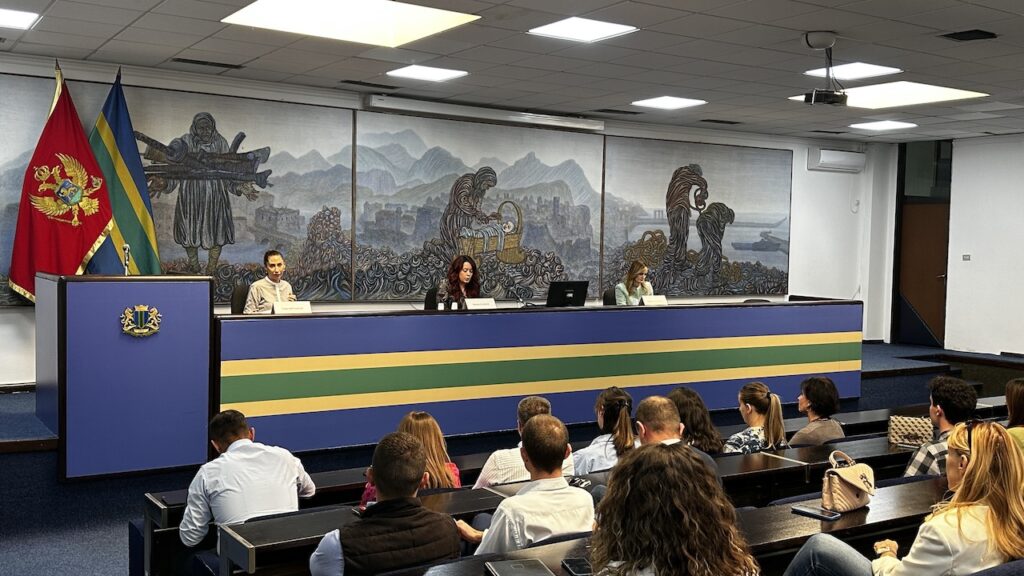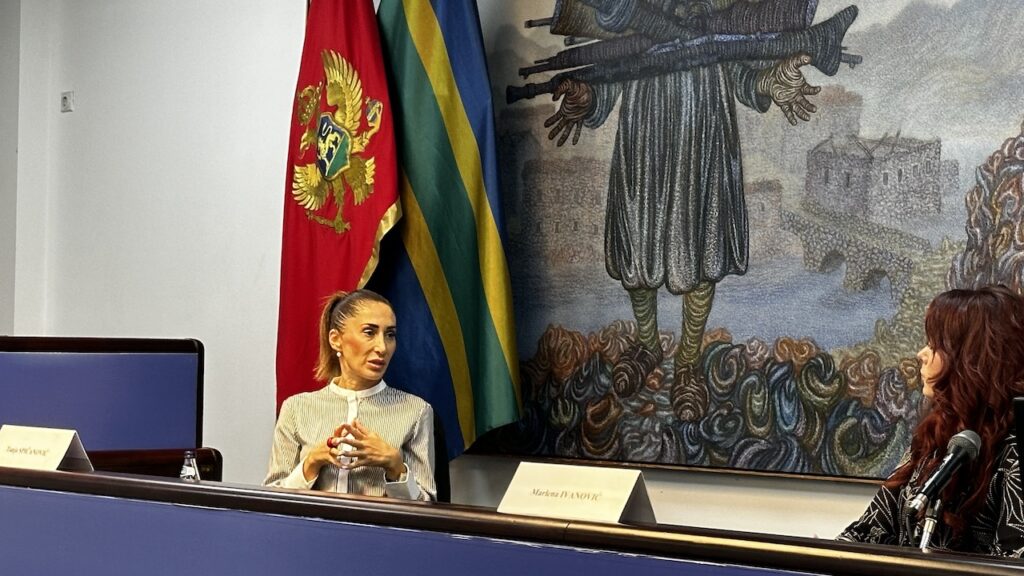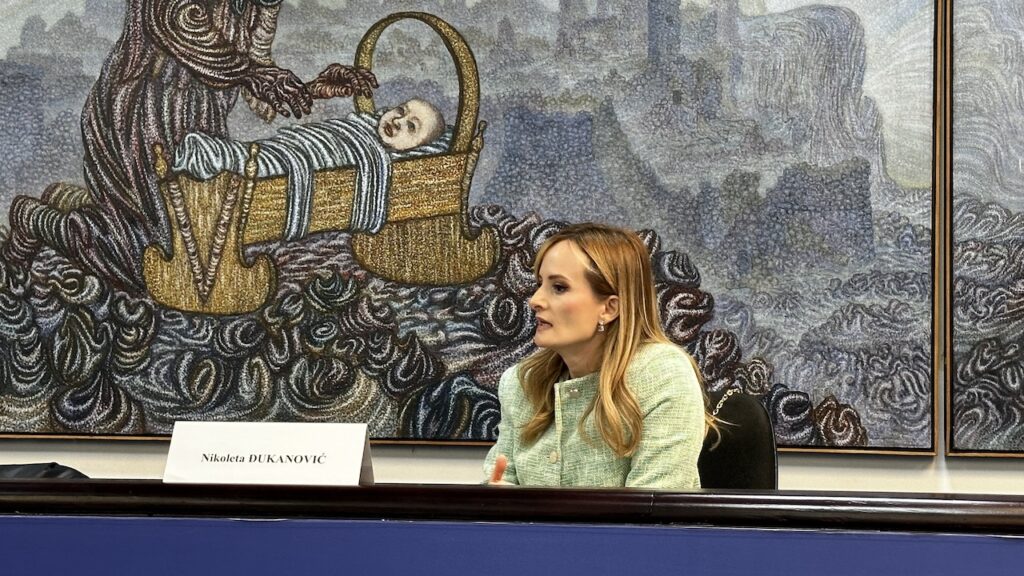Education is the stronghold for strengthening civic competencies to build an intercultural society, as stated today at a panel discussion on interculturalism organized by the Centre for Civic Education (CCE) in Bar, held at the Bar Municipal Assembly.
“This is an opportunity to encourage citizens, especially young people, to think more actively about interculturalism and the need to strengthen intercultural dialogue and civic competencies in general. Data from research indicating an increase in ethnic and social distance is concerning and shows that some traditionally strong and close social relations, which were based on humanistic values and a culture of community and solidarity, are weakening,” said Tanja Spičanović, Vice President of the Municipality of Bar, during the panel.
“I believe that through a sensitized education system and public policies aimed at strengthening social cohesion, we as a society can enhance empathy and inclusiveness. Universal secular values provide a platform for broad cooperation and overall societal progress based on cultural diversity and understanding,” Spičanović noted.
Nikoleta Đukanović, an assistant professor at the University of Donja Gorica, who also spoke at the panel, emphasized the importance of initiatives that promote dialogue for the development of a community based on multiculturalism. She pointed out that these initiatives are essential for raising awareness among decision-makers to prioritize and continuously improve these issues.
“The data pointing to increasing social and ethnic distance among young people, numerous examples and incidents of discrimination, intolerance, and violence against ‘others,’ a captured education system that fails to provide an adequate response to prevent such occurrences, the low level of civic and political culture, and politicians’ focus on marginal short-term political topics are key reasons for the current state of affairs. In the long run, this will lead to further disintegration of different groups, polarization, and radicalization in Montenegro,” Đukanović explained.
The aim of the series of panel discussions on interculturalism, which will also be held in Bijelo Polje, Podgorica, Plav, Herceg Novi, and Nikšić, is to strengthen dialogue and exchange perspectives to identify key challenges and needs in developing interculturalism in local communities.
The panel discussion was organized as part of the “Harmony in Diversity” project, implemented by CCE with the support of the Ministry of Human and Minority Rights.
Marlena Ivanović, Programme Associate



